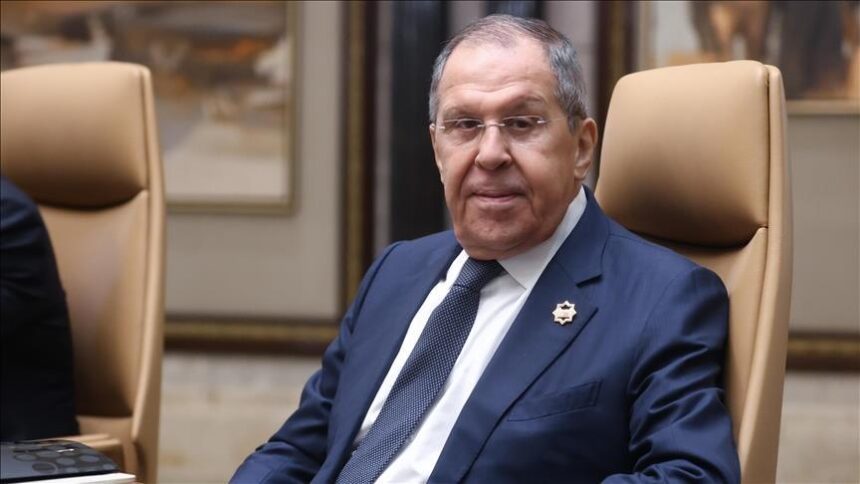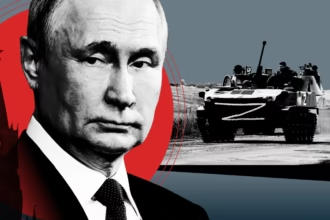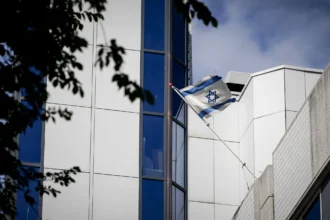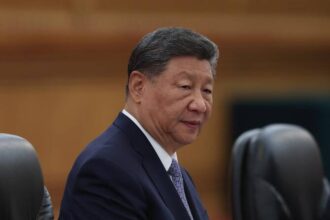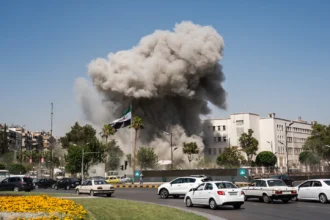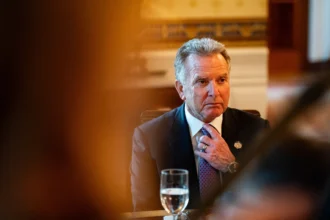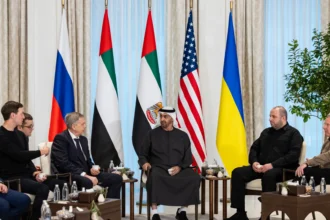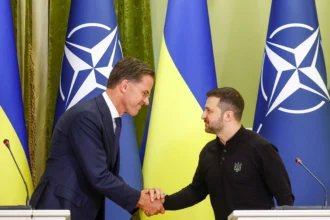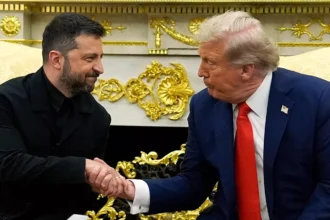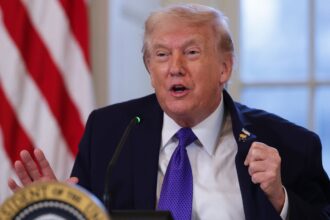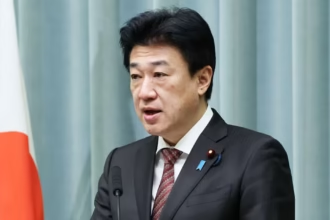Russia has confirmed that talks between Foreign Minister Sergey Lavrov and U.S. Senator Marco Rubio ended without agreement on a proposed high-level diplomatic meeting, signaling renewed strain in already fragile U.S.–Russia relations. The Kremlin announced that no breakthrough had been reached on key issues including Ukraine, sanctions, cybersecurity, and diplomatic access—areas that continue to anchor tensions between Moscow and Washington.
The Deadlock: What Happened?
According to Russia’s Foreign Ministry, the communication between Lavrov and Rubio was part of a quiet diplomatic channel aimed at reducing escalation risks and exploring the possibility of a future meeting between senior U.S. and Russian officials. That initiative is now stalled.
“Talks were held, but no agreement was reached on scheduling any bilateral meeting,” a Russian spokesperson said, blaming Washington for what Moscow called “an unwillingness to engage on equal terms.”
Rubio, a senior Republican on the Senate Intelligence Committee and a vocal critic of President Vladimir Putin, reportedly held firm on U.S. positions regarding sanctions, military support for Ukraine, and deterrence in Eastern Europe. The Russian side insisted that any talks must address Russia’s demand for security guarantees and relief from Western economic restrictions imposed after the invasion of Ukraine.
Russia Blames U.S. ‘Hostility,’ U.S. Blames Moscow’s Demands
The disagreement underscores the widening diplomatic gulf between the two nations. Russia argues that Washington refuses to recognize Moscow’s “legitimate security interests,” referencing NATO expansion and Western support for Ukraine. The U.S. maintains that Russia must change its behavior before meaningful talks can begin, including ceasing hostilities in Ukraine and halting cyber operations against Western infrastructure.
Key Sticking Points in the Lavrov–Rubio Impasse
| Issue | Russia’s Position | U.S. Position |
|---|---|---|
| Ukraine War | Recognition of territorial control, NATO rollback | Full Ukrainian sovereignty, military aid continues |
| Sanctions | Seeks relief, lifting of banking and energy restrictions | Sanctions to remain until Russia withdraws |
| Diplomacy | Wants restored diplomatic access and frozen assets returned | Demands prisoner releases and de-escalation |
| Security Guarantees | Seeks limits on NATO near Russian borders | Rejects Russian sphere-of-influence demands |
Why Rubio?
Rubio, a formidable voice in U.S. foreign policy, has long warned of Russian aggression and expansionism. While not a formal diplomat, he plays an influential role in shaping U.S. congressional sentiment toward Russia. Sources indicate that Moscow saw Rubio as a potential backchannel to understand U.S. red lines ahead of any formal negotiations.
But Rubio’s hardline stance reportedly frustrated Russian diplomats, who accused him of “grandstanding” and “talking in ultimatums.”
Broader Geopolitical Context
The failed talks come amid rising global instability:
- Russia deepens military cooperation with China, Iran, and North Korea
- The U.S. increases NATO deployments near Russian borders
- Energy competition between Moscow and Washington intensifies in Europe and the Arctic
- Cyberattacks and information warfare escalate on both sides
The collapse of the Lavrov–Rubio channel may complicate efforts to prevent miscalculations that could lead to direct confrontation. With few trusted diplomatic corridors left, analysts warn of a dangerous breakdown in communication between nuclear powers.
Kremlin Strategy: Buying Time or Power Play?
Some experts believe Russia is using diplomacy selectively—engaging only when it benefits Moscow militarily or economically. By publicly acknowledging failed talks, Russia signals that it will not negotiate from a position of perceived weakness, particularly during active conflict.
Moscow may also be betting that upcoming shifts in U.S. politics could produce a more favorable negotiating partner. With American elections looming, Russia appears prepared to wait out current Washington leadership rather than concede ground.
What Happens Next?
Despite the impasse, both sides have left the door open to future interaction. Russia emphasized that dialogue remains “possible,” while U.S. officials reiterated that lines of communication must remain open to avoid escalation.
However, any new round of diplomacy would likely require confidence-building steps, such as:
- A mutual prisoner exchange
- Reduced cyber hostilities
- Nuclear risk-reduction talks
- Limited humanitarian cooperation in Ukraine
For now, relations remain frozen—and trust between Moscow and Washington is at one of its lowest points since the Cold War.
Conclusion
The Lavrov–Rubio stalemate highlights how deeply entrenched the geopolitical divide has become. With neither side willing to shift from core demands, diplomatic progress remains unlikely in the near future. The failure of even informal talks underscores a harsh reality: U.S.–Russia relations are locked in confrontation, and diplomacy is now the exception—not the norm.
The world may not yet be on the brink of war, but without meaningful dialogue, miscalculation becomes more dangerous by the day.

